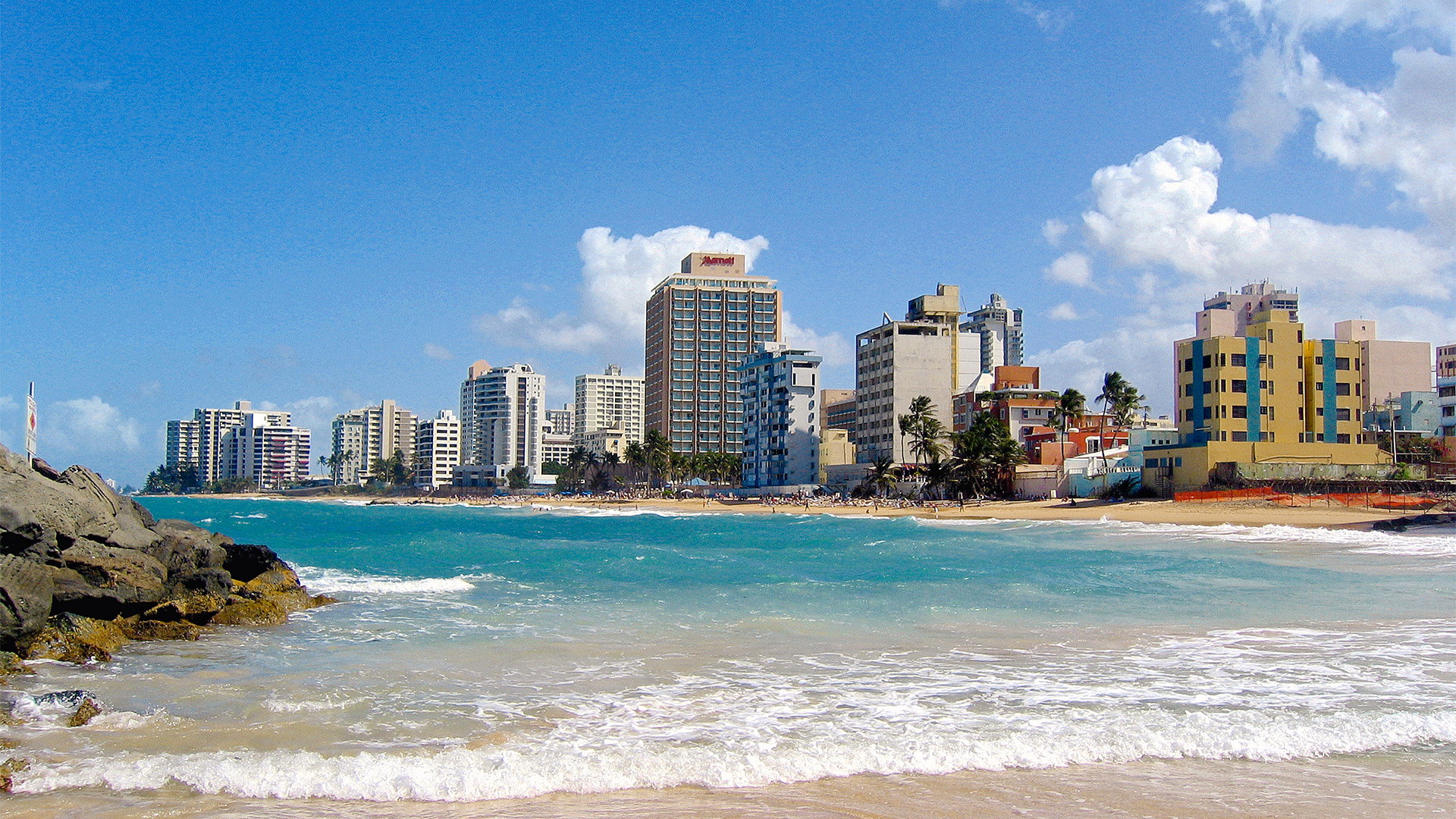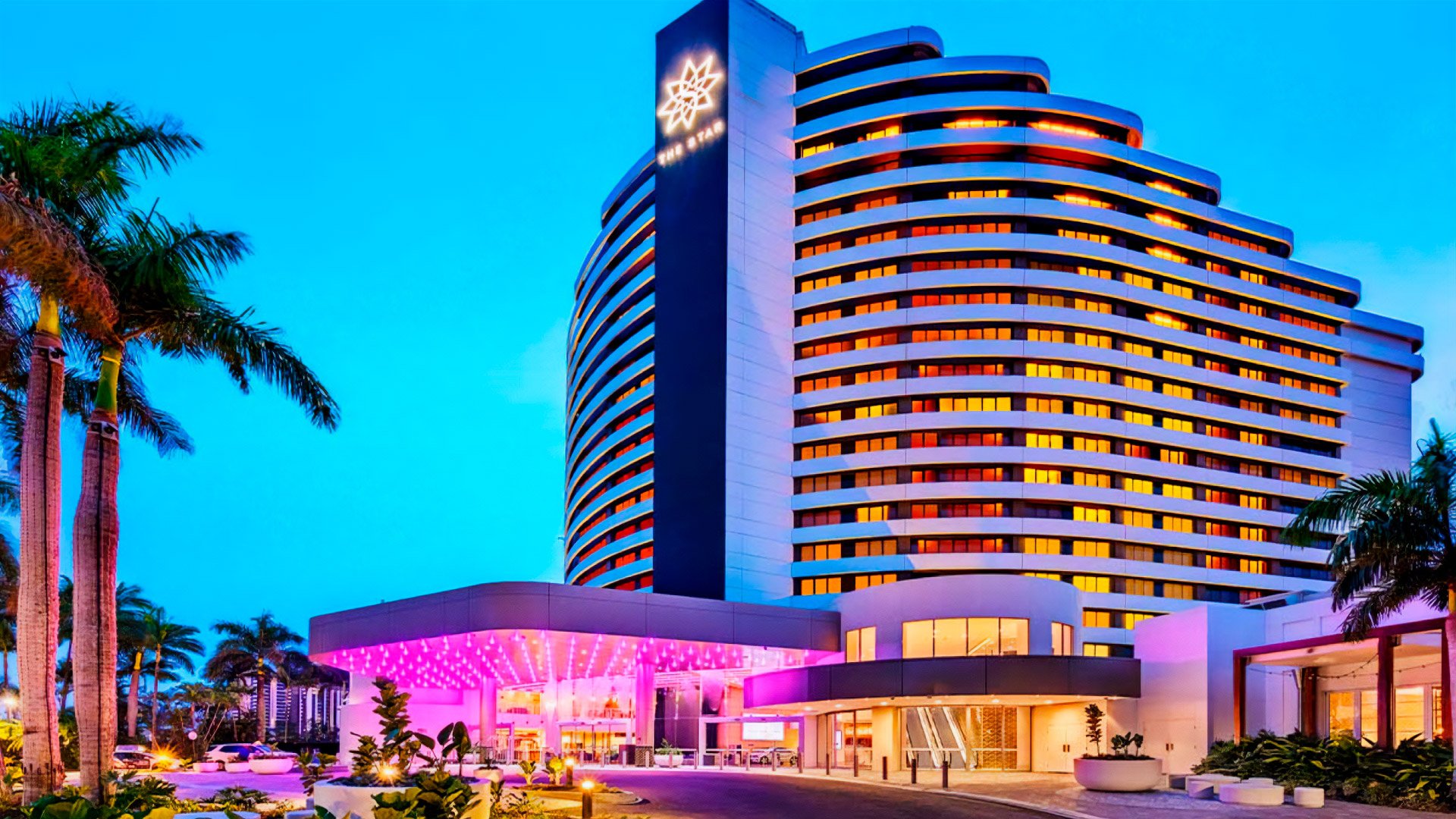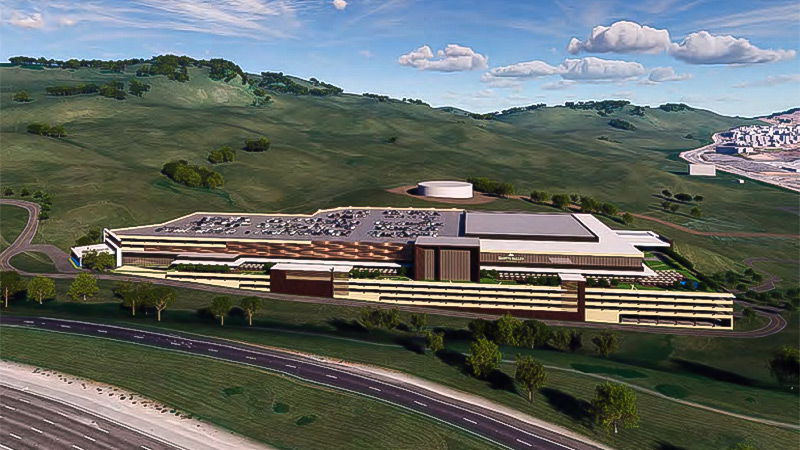Puerto Rico’s gaming revenue hits $186 million in 2023, led by casino sector

Puerto Rico's gaming and betting industry generated $186 million in revenue for 2023, announced Juan Santaella, Interim Director of the Puerto Rico Gaming Commission. The casino sector contributed the lion's share, amassing $177.3 million of the total revenue.
Puerto Rico’s casino industry has a rich history, having been the second U.S. jurisdiction to legalize casinos back in 1948. Despite this, the majority of bets are now placed online, mirroring trends seen on the U.S. mainland. Santaella said that in prominent casinos like Casino Metro and Casino del Mar, about 80% of wagering occurs online, with only 20% taking place in person.
Santaella emphasized the importance of tourism for the gaming sector at the Ibero-American Gaming Summit in San Juan last month. "We invest to continue bringing tourists because in Puerto Rico, there is a local boom in casinos from gaming and because they have also become an entertainment center, where they not only have machines but also artistic events and other types of things," he said.
A portion of gaming proceeds is allocated to the government for the development and promotion of Puerto Rico as a tourism destination.
The sports betting sector, approved by Puerto Rico's legislature in 2019 but only operational since early 2022, generated a modest $0.5 million, while horse racing contributed $8.7 million. Currently, Puerto Rico hosts six licensed online sports betting operators, though only BetMGM (partnered with Casino del Mar) and Caesars (partnered with Casino Metro) are currently accepting bets.
Santaella’s predecessor, Jaime Rivera Emmanuelli, pointed out Puerto Rico's potential in the regulated gaming market. "I believe that Puerto Rico, in many verticals, is a jurisdiction with a lot of experience. In terms of new verticals, such as sports betting and fantasy games, we are at a moment that can be compared with most U.S. jurisdictions, with the exception of Nevada," said Rivera Emmanuelli.
Rivera Emmanuelli also emphasized Puerto Rico's strategic position and bilingual population as advantageous for Latin American gaming companies aiming to enter the U.S. market. "A company coming from Ibero-America that manages to enter Puerto Rico and operate in Puerto Rico can later expand its operation and the process of entering other markets within the United States becomes easier," he stated.
Similarly, U.S. companies can use Puerto Rico to test their products in a largely Hispanic market, benefiting from a familiar regulatory and legal framework.


















































